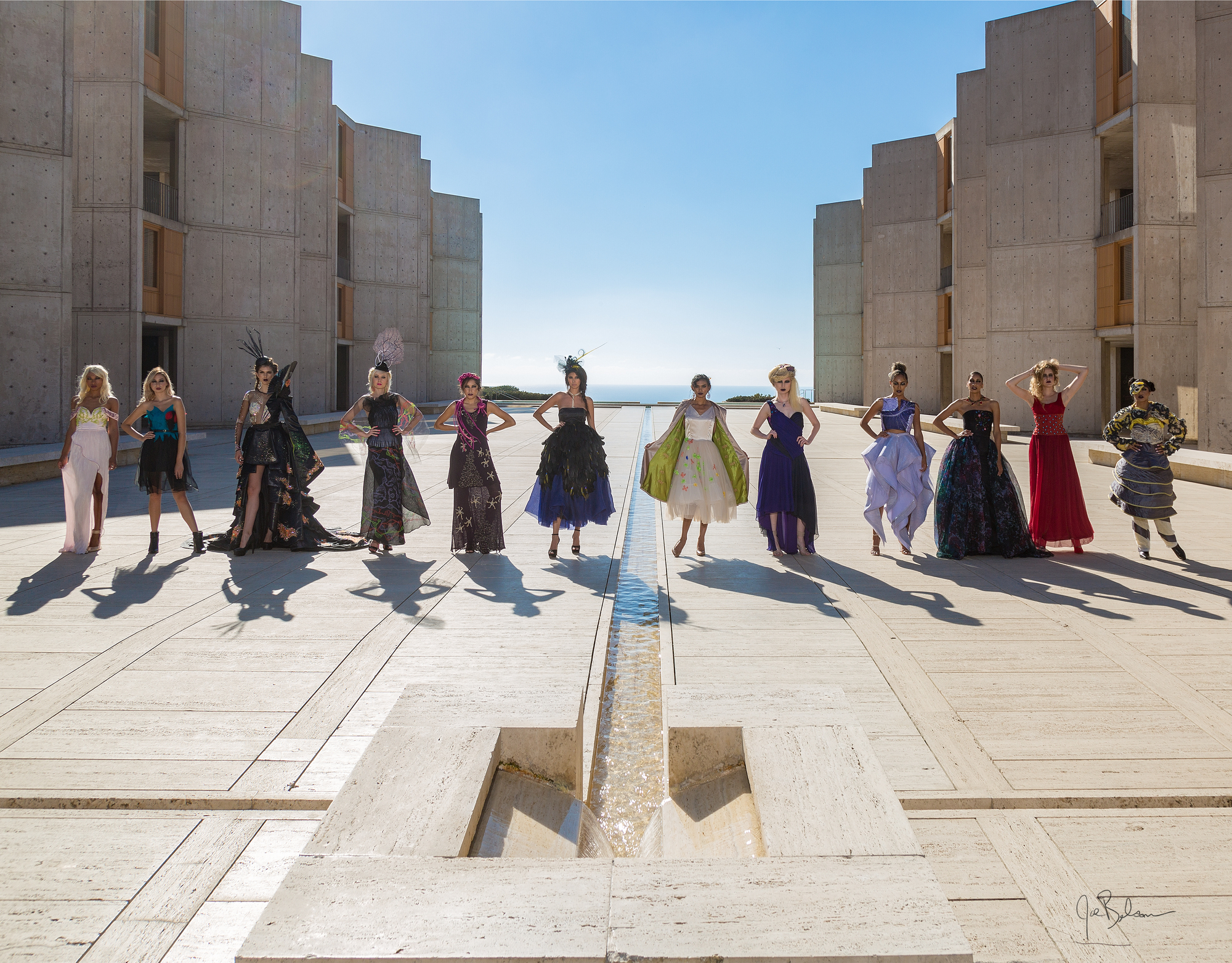Thank you for attending Salk Women & Science Design and Discovery
To be notified of future Salk Women & Science events, click here to sign up for the Salk monthly newsletter.
To be notified of future Salk Women & Science events, click here to sign up for the Salk monthly newsletter.
